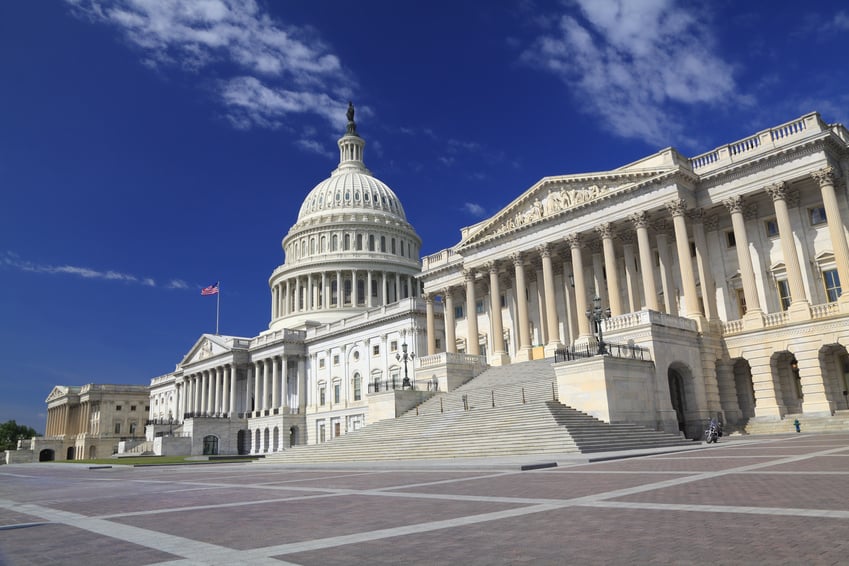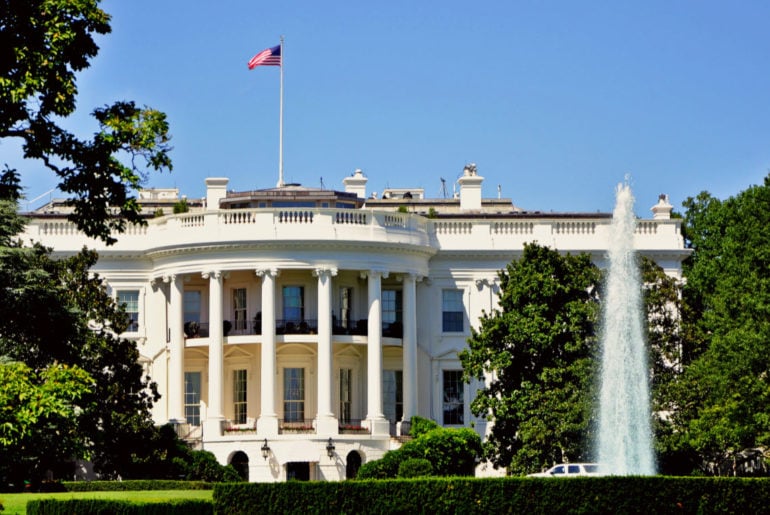On 17 October 2022, OFSI and OFAC issued a joint statement to reiterate the close working relationship between the two agencies, explaining the rationale behind increased OFSI-OFAC co-operation and how this will manifest in practice. The statement follows a technical exchange attended by OFAC and OFSI in London, which concluded on 13 October 2022.
Baker McKenzie’s Sanctions Blog published the alert titled Canada Announces Additional Sanctions against Russia: 34 Individuals and 1 Entity Designated on 19 October 2022. Read the article via the link here. Please also visit our Sanctions Blog for the most recent updates.
On 19 October 2022, Canada announced its third round of sanctions measures against the Iranian regime in response to its “ongoing gross and systematic human rights violations and continued actions to destabilize regional peace and security.” These measures add an additional six individuals and four entities to Schedule 1 of the Special Economic Measures (Iran) Regulations.
Businesses that have implemented measures to comply with the California Consumer Privacy Act of 2018, as amended by the California Consumer Rights Act of 2020 (CCPA) can leverage some of their existing vendor contract terms, website disclosures and data subject rights response processes to satisfy requirements under the Colorado Privacy Act (CPA). However, the CPA, and the recently published proposed CPA Rules, contain certain unique and prescriptive requirements that may warrant taking a CPA-specific approach to compliance. How the finalized CCPA regulations and CPA Rules look will largely dictate whether companies will need to expand or change the scope of their privacy compliance measures to meet the obligations set forth under both California’s and Colorado’s privacy regimes.
On October 13, 2022, Canada announced further sanctions measures with respect to Iran, designating an additional seventeen individuals and three entities under Schedule 1 of the Special Economic Measures (Iran) Regulations.
Please join us for a weekly series, hosted by Baker McKenzie’s North America Government Enforcement partners Jeffrey Martino and Jerome Tomas. This weekly briefing is available on demand and will cover hot topics and current enforcement actions related to white collar crime and criminal investigations in the US and abroad to arm you with the information you need for your business week. The latest video chat in the series includes a deep dive into DOJ’s focus on consumer fraud, and the SEC crypto touting case against Kim Kardashian.
Companies are turning to artificial intelligence to assist in recruiting and hiring the best talent in this tight labor market. However, there’s substantial corporate oversight in assessing AI threats, while agencies like the Equal Employment Opportunity Commission in the US are closely examining AI for potential bias and other harms. In this Quick Chat video Paul Evans and Brad Newman welcome Stephen Malone of Fox Corporation to discuss blind spots in using AI in recruitment and hiring, and share to practical tips to help employers alleviate these issues. Join us to continue the discussion in-person at Baker McKenzie’s event, A Conversation with Special Guest Speaker EEOC Commissioner Keith Sonderling, taking place 27 October in Palo Alto.
Through The Employer Report blog, our lawyers provide legal updates and practical insights to help clients understand, prepare for and respond to the latest domestic and cross-border Labor and Employment issues affecting US and multinational employers. The latest posts in the series, “Beware what you post: increased DOJ investigations target unintentional discrimination in external job postings”, and ” Salary and pay range disclosures: California calls “next””, focus on discrimination in job postings and pay disclosures.
Baker McKenzie’s Sanctions Blog published the alert titled Canada Introduces Additional Sanctions with respect to Russia and Ukraine on 4 October 2022. Read the article via the link here. Please also visit our Sanctions Blog for the most recent updates.
Baker McKenzie’s Sanctions Blog published the alert titled OFAC and BIS Designate Additional Russian Parties, Signal Readiness to Act Against Third-Country Entities Assisting Russia and Belarus on 5 October 2022. Read the article via the link here. Please also visit our Sanctions Blog for the most recent updates.



